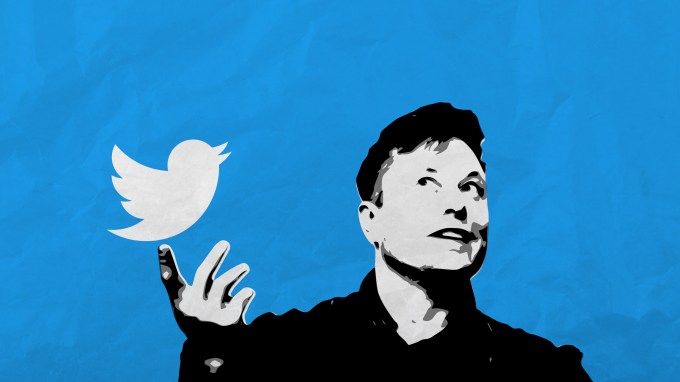/test-hindi/media/media_files/i47V2yWGrGiasYAXnjyi.webp)
Welcome back to This Week in Apps, the weekly TechCrunch series that recaps the latest in mobile OS news, mobile applications and the overall app economy.
The app economy in 2023 hit a few snags, as consumer spending last year dropped for the first time by 2% to $167 billion, according to data.ai’s “State of Mobile” report. However, downloads are continuing to grow, up 11% year-over-year in 2022 to reach 255 billion. Consumers are also spending more time in mobile apps than ever before. On Android devices alone, hours spent in 2022 grew 9%, reaching 4.1 trillion.
This Week in Apps offers a way to keep up with this fast-moving industry in one place with the latest from the world of apps, including news, updates, startup fundings, mergers and acquisitions, and much more.
Do you want This Week in Apps in your inbox every Saturday? Sign up here: techcrunch.com/newsletters
Finally, finally, newsrooms leave Twitter

Image Credits: Bryce Durbin / TechCrunch
This week was one of the more interesting ones for Twitter since Elon Musk’s takeover, as multiple newsrooms finally had enough of Elon Musk’s antics. After Musk labeled NPR and others as “state-affiliated media” — a label previously reserved for state propaganda accounts, like the Kremlin-backed Russia Today and China’s Xinhua — NPR and PBS have stopped tweeting.
After backlash to NPR’s new label, Twitter shifted to a newly made-up designation, “government-funded media.”
In addition to NPR, the news organizations PBS and the BBC received the new labels as well. The BBC objected, too, and Twitter changed its label to “publicly funded” instead. (PBS and NPR remain labeled as “government-funded” as of the time of writing.)
Musk’s capricious decision to lump independent news organizations alongside state-supported propaganda accounts is both misleading and dangerous. NPR, for instance, receives “less than 1 percent of its $300 million annual budget from the federally funded Corporation for Public Broadcasting.” PBS receives more of its funding from the public and philanthropic organizations than it does from the small amount it gets from government subsidies.
More importantly — unlike in state regimes where government officials heavily influence the spread of information to the people — NPR and PBS are editorially independent.
Whether you like the nature of their reporting is, of course, a subjective matter. But an objective analysis puts the two in the middle of the Ad Fontes media bias chart.
/test-hindi/media/agency_attachments/2025/04/09/2025-04-09t075510288z-original-4165ef475e94ba4104940d4cdab8f760.png)
 Follow Us
Follow Us